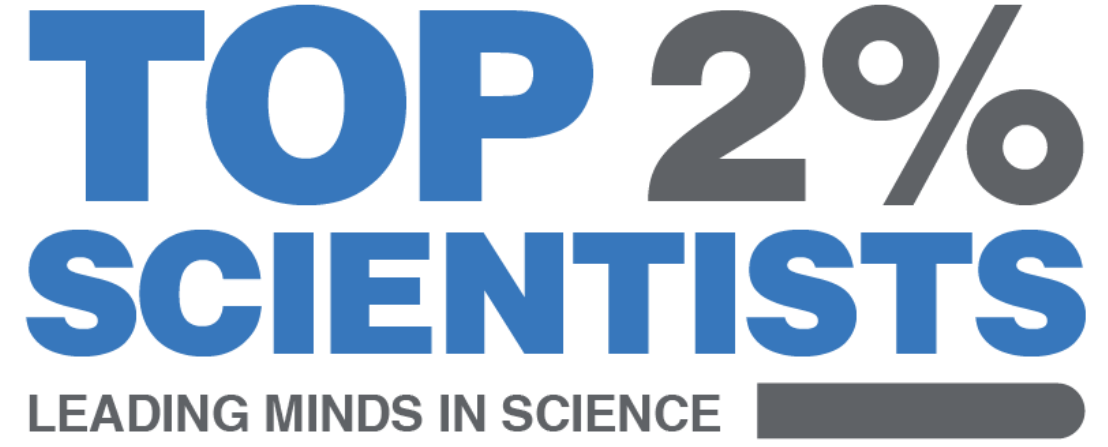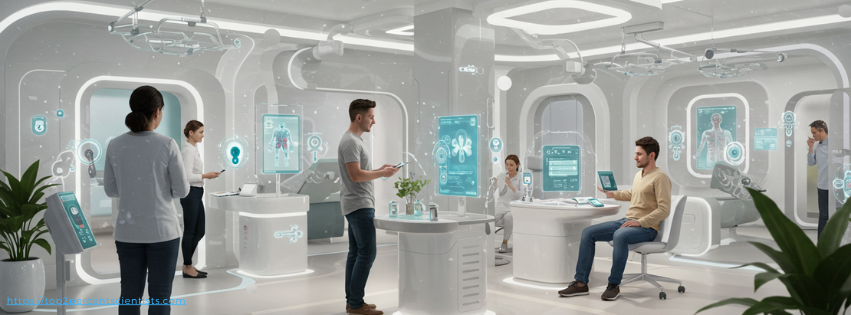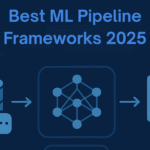Artificial Intelligence (AI) is transforming every corner of the healthcare industry. From early diagnosis and predictive analytics to patient engagement and robotic surgeries, AI-powered HealthTech startups are at the forefront of innovation. In 2025, these startups are not only reshaping medical practices but also expanding access to care, especially in under-resourced regions.
This article explores the most promising AI-powered HealthTech startups, their innovations, and the trends driving massive growth in this space.
Top AI-Powered HealthTech Startups to Watch in 2025
1. Corti.ai – Real-Time Support for Emergency Responders
Headquarters: Denmark
Corti helps emergency dispatchers detect critical conditions such as cardiac arrest during 911 calls using AI-driven voice analysis. By analyzing the tone and background noises, Corti’s algorithms identify emergencies faster than human operators, improving outcomes in life-or-death situations.
2. Biofourmis – Predictive Remote Patient Monitoring
Headquarters: Singapore & USA
Biofourmis combines wearable tech with AI to monitor chronic patients remotely. Their system analyzes real-time health data to predict heart failure, respiratory issues, and other conditions before they worsen, enabling early intervention and reducing hospital readmissions.
3. PathAI – Smarter, Faster Disease Diagnosis
Headquarters: Boston, USA
PathAI uses machine learning to help pathologists analyze tissue samples more accurately. It assists in diagnosing diseases like cancer by reducing human error, increasing speed, and improving treatment plans.
4. Qure.ai – AI for Medical Imaging
Headquarters: Mumbai, India
Qure.ai develops deep learning algorithms that interpret X-rays, CT scans, and MRIs within seconds. Their tools are used in more than 20 countries to detect tuberculosis, lung disease, brain injuries, and more—especially where radiologists are scarce.
5. Butterfly Network – AI-Enabled Portable Ultrasound
Headquarters: USA
Butterfly Network’s handheld ultrasound device, Butterfly iQ+, uses AI to provide real-time image guidance via smartphones. It enables clinicians, even in remote areas, to perform and interpret complex scans without traditional bulky equipment.
Why AI-Powered HealthTech Startups Are Gaining Ground
Personalized Medicine on Demand
AI analyzes large datasets from genetic profiles, medical history, and lifestyle to offer customized treatment options, making healthcare more precise and patient-specific.
Bridging the Healthcare Workforce Gap
As global populations grow and healthcare worker shortages increase, AI tools are automating routine tasks, supporting clinical decisions, and scaling healthcare services.
Rise of Remote and Preventive Care
Post-pandemic, remote monitoring and telehealth services powered by AI have seen explosive growth. These tools allow for round-the-clock monitoring and early detection, especially for chronic disease management.
Cost-Effective, Scalable Solutions
AI reduces administrative burdens, shortens diagnosis time, and minimizes errors—making healthcare more affordable and accessible.
AI Use Cases in HealthTech
| Use Case | Description | Example Startups |
|---|---|---|
| Predictive Analytics | Anticipates disease progression and patient deterioration | Biofourmis, Health Catalyst |
| Diagnostic Imaging | Enhances radiology and pathology interpretation | Qure.ai, PathAI |
| Virtual Health Assistants | AI chatbots for symptom checking and mental health support | Ada Health, Woebot |
| Drug Discovery | Accelerates clinical research and molecule testing | Insitro, BenevolentAI |
| Surgical Assistance | AI-driven robotics assisting with surgical precision | CMR Surgical, Vicarious Surgical |
Market Outlook and Industry Growth
According to reports from McKinsey and CB Insights:
- The AI in healthcare market is projected to exceed $180 billion by 2030.
- Over 40 percent of global hospitals are expected to deploy AI solutions by 2026.
- More than $15 billion has been invested into AI HealthTech startups since 2020.
- Top areas attracting funding include AI-based diagnostics, remote patient care, and mental health platforms.
Future Trends in AI-Powered HealthTech
AI and Genomic Data
By combining AI with genomics, startups are unlocking breakthroughs in predictive medicine, identifying risks for diseases such as cancer, diabetes, and Alzheimer’s.
Voice-Based Diagnostics
AI can analyze voice patterns to detect neurological and respiratory disorders. This trend is being adopted in early-stage diagnosis for conditions like Parkinson’s and depression.
AI-Assisted Surgeries
Advanced AI systems integrated into surgical robots are helping surgeons make more accurate decisions and reduce complications during complex operations.
Blockchain-Integrated Medical Records
AI is being paired with blockchain to ensure secure, tamper-proof, and interoperable patient data across institutions.
Investment and Startup Opportunities
Investors and entrepreneurs can explore various areas within AI HealthTech:
- Elderly Care: AI tools that support aging populations with fall detection, medication reminders, and virtual assistants.
- Mental Health: AI chatbots and mood-tracking apps are emerging as scalable solutions for global mental wellness.
- Under-Served Markets: Africa, South Asia, and Latin America offer growth potential for telemedicine and diagnostics.
- Cross-Technology Platforms: Combining AI with AR/VR, wearable IoT, and big data analytics to enhance healthcare outcomes.
AI-powered HealthTech startups are revolutionizing how the world accesses and delivers healthcare. With intelligent systems that diagnose, monitor, and even predict diseases, these innovators are improving outcomes, reducing costs, and making personalized care more accessible.
As the adoption of AI in healthcare accelerates in 2025 and beyond, the world will witness faster diagnoses, smarter treatment plans, and a patient-centric approach to medicine like never before.
For real-time expert insights and emerging developments, visit our Trend and Updates section.
Stay ahead with the latest breakthroughs in science, technology, climate, and innovation.



